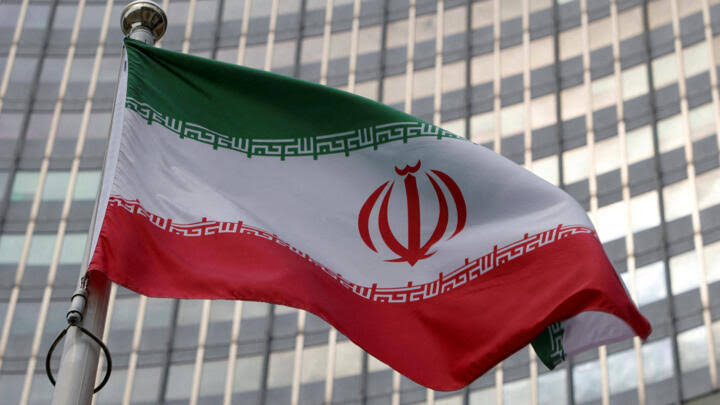
Mathew Amaechi
Iran on Monday executed a man convicted of spying for Israel, as hostilities between the two regional rivals escalated into their 11th consecutive day.
The judiciary identified the man as Mohammad-Amin Mahdavi Shayesteh, saying he was hanged earlier in the day for “intelligence cooperation with the Zionist regime”—a term Iranian authorities commonly use to refer to Israel.
Shayesteh was accused of establishing links with Mossad, Israel’s foreign intelligence agency, and of aiding Iran International, a London-based Persian-language broadcaster critical of Tehran. Iranian officials have long alleged that the channel has ties to Israeli intelligence, and in 2022 designated it a “terrorist organisation” amid widespread anti-government protests.
The protests erupted following the death of Mahsa Amini, a 22-year-old Iranian Kurdish woman who died in police custody after being arrested for allegedly violating Iran’s strict dress code for women. The incident sparked months of unrest and a harsh government enforcement.
The judiciary did not provide further details about Shayesteh’s trial or the specific charges, but human rights advocates have repeatedly raised concerns about due process and the use of capital punishment in Iran.
Just a day earlier, Iran also executed Majid Mosayebi, another man accused of working as a Mossad agent. The back-to-back executions reflect what authorities say is a new urgency to expedite such cases.
“Security-related cases, especially those involving support for the usurping regime (Israel) and acting as a fifth column of the enemy, will be handled more swiftly,” Judiciary Chief Gholamhossein Mohseni Ejei said on state television Sunday.
Iran remains the second-highest executor of prisoners globally, following China, according to groups like Amnesty International, which routinely criticize the country’s use of the death penalty, particularly in political and intelligence-related cases.
Tensions between Iran and Israel have intensified sharply in recent weeks, with both sides accusing each other of covert operations and military provocations across the region. Tehran’s latest executions appear to be part of a broader campaign to demonstrate internal resolve amid external pressure.
